MS-ETS1-2
Evaluate competing design solutions using a systematic process to determine how well they meet the criteria and constraints of the problem.
-
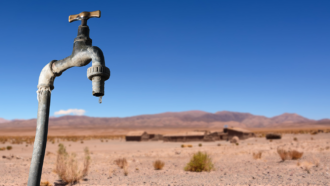 Tech
TechHere’s one way to harvest water right out of the air
Need water but you have no access to rain, lakes or groundwater? Materials known as metal-organic frameworks could be used to slurp that water from the air, new data show.
By Sid Perkins -
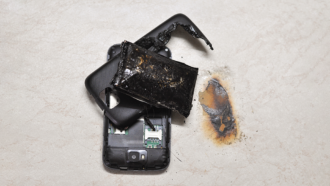 Chemistry
ChemistryBatteries should not burst into flames
Because lithium-ion batteries power modern life, they need to store a lot of energy. Now scientists are focusing on making them safer.
-
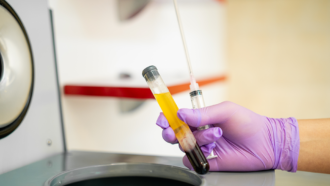 Health & Medicine
Health & MedicineAntibodies from former COVID-19 patients could become a medicine
The experimental treatment uses antibodies from the blood plasma of COVID-19 survivors. It may prevent disease in other people or help treat the sick.
-
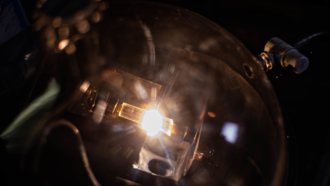 Chemistry
ChemistryConverting trash to valuable graphene in a flash
Flash heating of carbon-rich wastes creates graphene, which has many commercial uses.
-
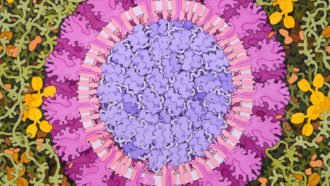 Health & Medicine
Health & MedicineSearch speeds up for vaccine against the new coronavirus
Scientists are investigating unusual ways to make drugs to prevent viral infections. One may even be able to treat already sick people.
-
 Science & Society
Science & SocietyDo school-shooter drills hurt students more than they help?
There’s no set standard for shooter drills held at most U.S. schools. Experts are beginning to ask whether certain drills might hurt students more than they help.
-
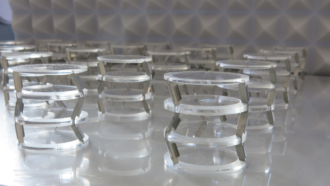 Materials Science
Materials ScienceNew twist can hush — even cloak — some sounds
Swiss engineers developed clear, spiral structures to make a new sound-dampening system. Those twists block some vibrations and lets others through.
-
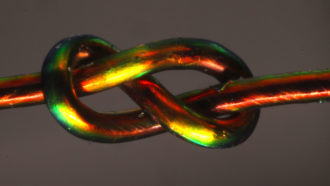 Math
MathColor-changing fibers help unravel a knotty problem
Experiments with colorful fibers helped scientists discover a few simple rules on why the strength of various types of knots differs.
-
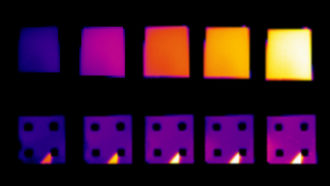 Materials Science
Materials ScienceHere’s how to hide some objects from heat-sensing cameras
A special coating that conceals temperature information from heat-detecting cameras might someday be used as a privacy shield.
-
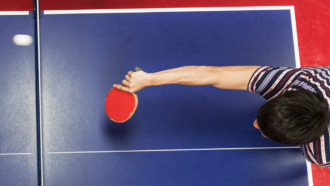 Materials Science
Materials ScienceSelf-powered surface may evaluate table-tennis play
Scientists at the Georgia Institute of Technology built a 'smart' surface on which to play table tennis. It can track the location, speed and direction of the ball.
-
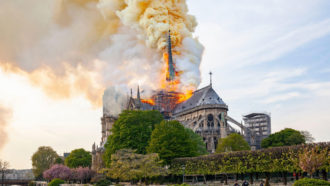 Physics
PhysicsGiving Notre Dame back her unique voice
A 2019 fire robbed Paris’ Notre Dame cathedral of more than her roof. She also lost her voice. Now scientists are using acoustics to return her unique soundscape.
-
 Tech
TechViewing virtual reality of icy landscapes may relieve pain
Traveling to polar vistas via virtual reality eased a temporary burning in the viewers’ skin. The same VR also lessened simulated chronic pain.